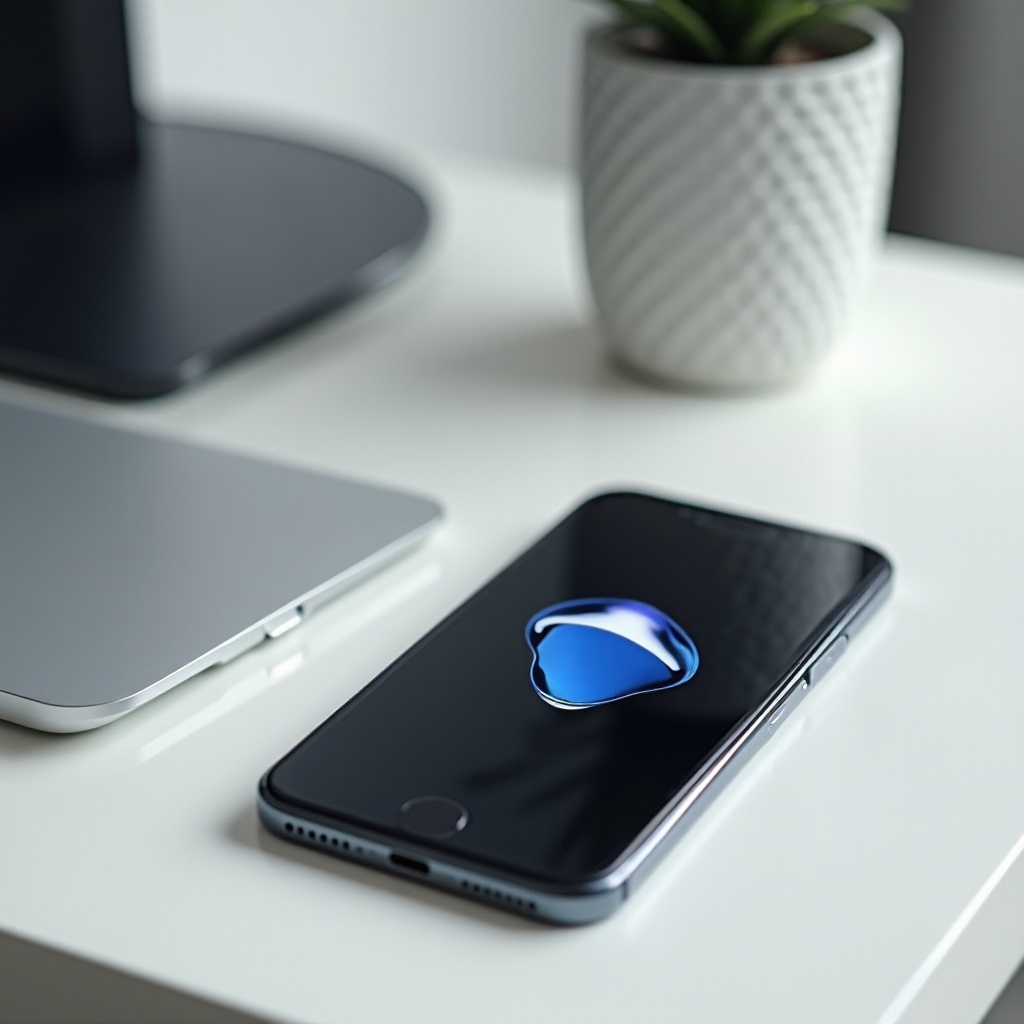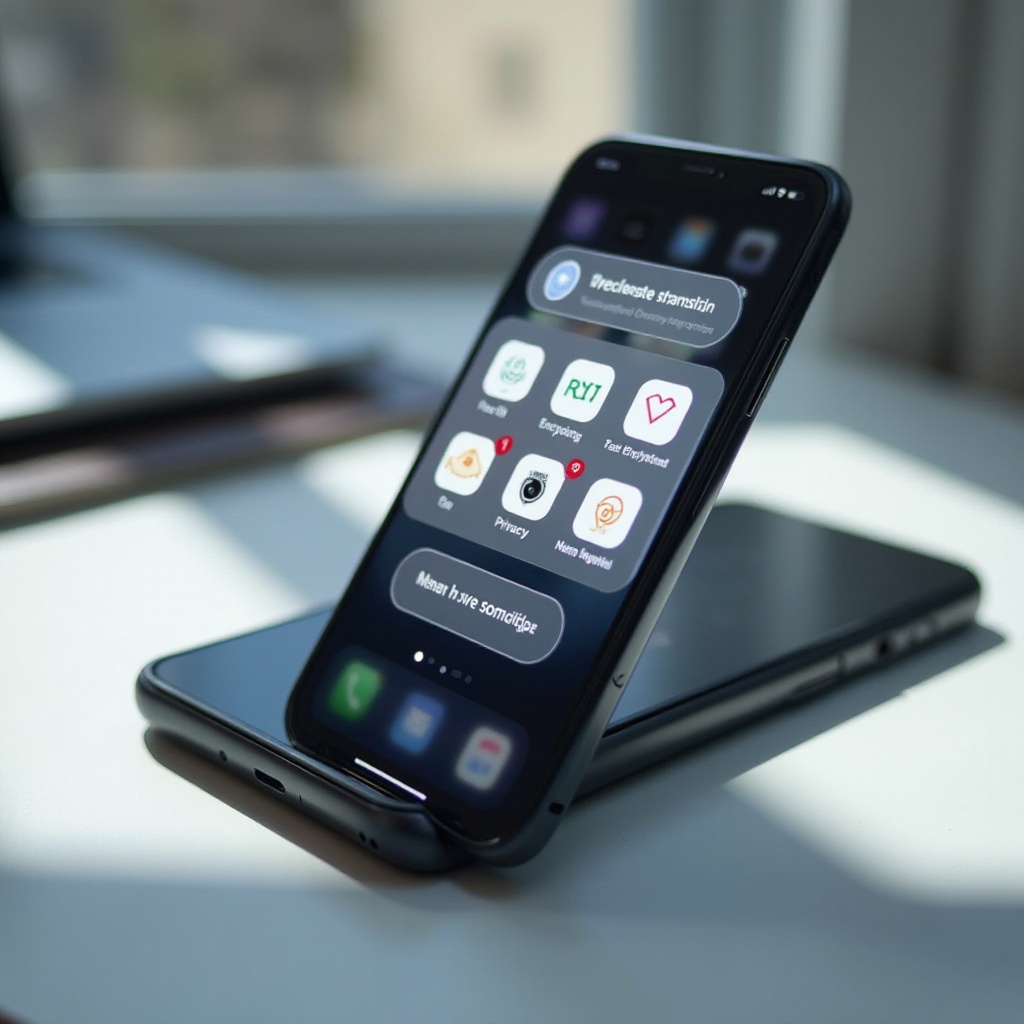Unique iPhone Features You Won't Find on Android
Introduction
The iPhone has carved out a niche by focusing on seamless integration, exclusive apps, superior security, and optimized performance. Whether you're a long-time user or considering making the switch, understanding what an iPhone can do that Android can't can help you make an informed choice. This blog delves into the unique features that set the iPhone apart, illustrating why Apple’s flagship device often stands out as the preferred smartphone for many users.

Seamless Integration with Apple Ecosystem
Apple’s ecosystem is one of its strongest selling points, as it allows all Apple devices to work together harmoniously. Here are some of the unique features that ensure seamless integration:
Handoff and Continuity
Handoff and Continuity allow you to start a task on one Apple device and continue it on another without missing a beat. For example, you can write an email on your Mac and finish it on your iPhone as you head out. This level of integration is exclusive to Apple and exemplifies the convenience of its ecosystem.
Universal Clipboard
Universal Clipboard lets you copy content from one Apple device and paste it to another. Imagine copying text from a website on your Mac and pasting it into a note on your iPhone. This feature synergizes all your Apple devices, making multitasking easier and more efficient.
AirDrop
AirDrop allows the wireless transfer of files between Apple devices with ease and speed unmatched by any Android counterpart. Say goodbye to cumbersome file transfers through email or third-party apps. With AirDrop, you can share photos, documents, and even website links almost instantaneously.
These features alone significantly enhance the user experience, showcasing how Apple’s ecosystem can provide an unrivaled level of convenience and efficiency.

Exclusive Software and Apps
Apple offers specific software and apps that elevate the user experience, making iPhones a preferred choice for many.
iOS Exclusive Apps
Apps like GarageBand for music creation, iMovie for video editing, and Keynote for presentations are exclusive to iOS. These apps are fully optimized for Apple hardware, offering features and performance levels that are difficult to match on Android.
Apple Translate
Apple Translate is a powerful tool for breaking down language barriers. Unlike most translation apps, it works seamlessly offline and integrates with the rest of the Apple ecosystem, making it a reliable companion for international travel.
FaceTime
FaceTime stands out as a reliable and high-quality video calling app. Its deep integration into the iOS system ensures smooth performance and superior video quality, features that third-party apps on Android strive to match.
The presence of these exclusive apps not only enhances productivity but also presents iPhone users with high-quality, dedicated tools that optimize their overall experience.
Superior Security and Privacy Measures
When it comes to prioritizing security and privacy, iPhones have a well-earned reputation for offering superior measures.
iPhone’s Approach to Data Privacy
Apple has been at the forefront of ensuring data privacy for its users. Unlike other platforms, Apple collects minimal user data and encrypts it by default. This thoughtful approach offers peace of mind that personal information remains secure.
Secure Enclave and Face ID
The Secure Enclave and Face ID stand as pillars of Apple’s commitment to security. The Secure Enclave is a separate processor dedicated to handling encryption and authentication data, while Face ID uses advanced technology to provide a secure and convenient way to unlock your device.
App Tracking Transparency
Apple’s App Tracking Transparency allows users to control which apps can track their activity. This feature empowers users to make more informed decisions about their digital footprint, providing control over personal data.
These security and privacy features offer robust protection and are among the top reasons users choose iPhones over other smartphones.

Enhanced Performance and Optimization
The synergy between hardware and software performance is another domain where iPhones excel, providing consistent and smooth user experiences.
iOS Optimization and Performance
iOS is meticulously optimized for Apple hardware, enabling fast, smooth, and efficient performance. Whether gaming, streaming, or multitasking, the seamless operation is unmatched.
Consistent Updates and Support
Apple stands out for its commitment to providing consistent software updates across its devices. Even older iPhone models continue to receive the latest features and security patches long after their release. In contrast, many Android devices receive updates sporadically or not at all.
Hardware-Software Synergy
The design and development of both hardware and software by Apple ensure complete harmony within the iPhone. This results in fewer bugs, better performance, and a user experience that feels cohesive and complete.
This blend of performance, coupled with consistent updates and perfect synergy, ensures that iPhones maintain their reliability and responsiveness throughout their lifecycle.
Conclusion
Understanding what an iPhone can do that Android can’t is essential for making an informed choice. From seamless integration within the Apple ecosystem to superior security and performance, iPhone’s unique features continue to attract a loyal user base who prioritize a dependable and enhanced smartphone experience.
Frequently Asked Questions
What are some exclusive iPhone apps?
Some exclusive iPhone apps include GarageBand for music creation, iMovie for video editing, and Keynote for presentations. These apps offer high-quality, optimized tools that enhance user productivity.
How does iPhone ensure better privacy?
iPhone ensures better privacy through minimal data collection, default encryption, and features like App Tracking Transparency. Advanced security measures like the Secure Enclave and Face ID also contribute to robust data protection.
Why do iPhones receive updates longer than Android phones?
iPhones receive updates longer than Android phones because Apple manages both the hardware and software, ensuring optimized and consistent updates across all its devices. This commitment to longevity keeps iPhones secure and up-to-date.



